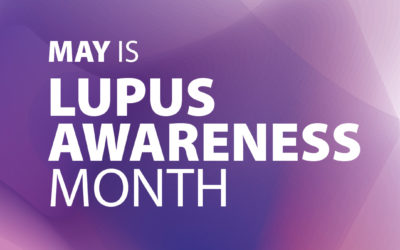Black Women’s Agenda Supreme Court Alert
Schuette v. Coalition to Defend Affirmative Action
On Tuesday, April 22, 2014, in a 6-2 decision, the United States Supreme Court upheld a voter-approved change to the Michigan Constitution prohibiting the use of affirmative action in its state public college admissions. This decision upholds a 2006 Michigan ballot initiative where voters approved a prohibition on race-based admissions at state schools. This decision does not change the ability of schools in states that do not have such bans to consider race as one of the factors in their admissions process. Dealing a blow to affirmative action, the Court upheld the ballot initiative as one method of challenging race-conscious admissions policies. In a plurality opinion, Justice Kennedy wrote: “This case is not about how the debate about racial preferences should be resolved, it is about who may resolve it”. He emphasized that this decision did not disturb the 2003 Grutter v. University of Michigan decision which permitted consideration of race in college admissions policies.
In a strong 58 page dissent that was longer than the four opinions supporting the result and which she read aloud in the courtroom, Justice Sotomayor wrote that although the Michigan amendment was adopted democratically, the outcome nonetheless trampled on the rights of minorities. Justice Sotomayor stated: “But without checks, democratically approved legislation can oppress minority groups”. Further, she stated that judges “ought not sit back and wish away, rather than confront, the racial inequality that exists in our society”. Joined by Justice Ginsburg, Justice Sotomayor wrote, “This refusal to accept the stark reality that race matters is regrettable. The way to stop discrimination on the basis of race is to speak openly and candidly on the subject of race, and to apply the Constitution with eyes open to the unfortunate effects of centuries of racial discrimination.”
Several states, including California and Washington, have similar voter-approved initiatives banning affirmative action in education. As a result, African American and Latino enrollment at the University of Michigan has decreased since the prohibition was passed in 2006. In California, African American enrollment has declined, and Latino enrollment has slightly increased.
It is clear that the debate over the permissibility of race-conscious preferences will continue. It is also clear that race still matters in our country, and that affirmative action and diversity and inclusion initiatives are needed to address historic and current racial and ethnic inequality.
BWA Legislative Committee (April 25, 2014)
OTHER NEWS
SPOTLIGHT FEATURE ON JACK AND JILL OF AMERICA, INC.
To be valued and loved. To know who you are and that you have the power to make a
difference. These are the aspirations that most mothers have their children. In 1938, in the midst
of the Great Depression, twenty African-American mothers in Philadelphia came together not to
hope or to dream, but to provide the opportunities, experiences, and life lessons that would
enable their children and others to live these truths. Their group became Jack and Jill of
America, Inc. – an organization that’s mission is as relevant today as it was some 80 years ago.
JUNE IS AFRICAN AMERICAN MUSIC APPRECIATION MONTH
This June, The Black Women’s Agenda, Inc. (BWA) joins our nation in celebrating the 40th Anniversary of African American Music Appreciation Month.
The month-long observance, which was first inducted on June 7, 1979, by President Jimmy Carter was christened as Black Music Month. President Barack Obama renamed the national observance as African-American Music Appreciation Month. The observance was created to recognize and celebrate the historical influence African-Americans have had on the music industry and is intended to pay homage to the many artists, writers, songs and albums that have inspired music lovers and shaped American pop culture.
May Is Lupus Awareness Month
In honor of Lupus Awareness Month, the Lupus Foundation of America released a new survey they recently commissioned which reveals the need for better public understanding of this devastating autoimmune disease and why early diagnosis is so important.
According to the Lupus Foundation of America, “The survey sample was designed to be reflective of the U.S. population’s diverse demographics. Women of color are at two to three times greater risk for developing lupus than Caucasian women. However, over half of respondents (62%) didn’t recognize that minority populations were disproportionately impacted by lupus.
Minority women tend to develop lupus at a younger age, experiencing more serious complications and have higher mortality rates. This was reflected among minority respondents who indicated they were also more worried about developing the disease than others surveyed: 44% compared to 29% of the sample overall.”
© 2025 The Black Women’s Agenda, Inc. All Rights Reserved. Privacy Policy








